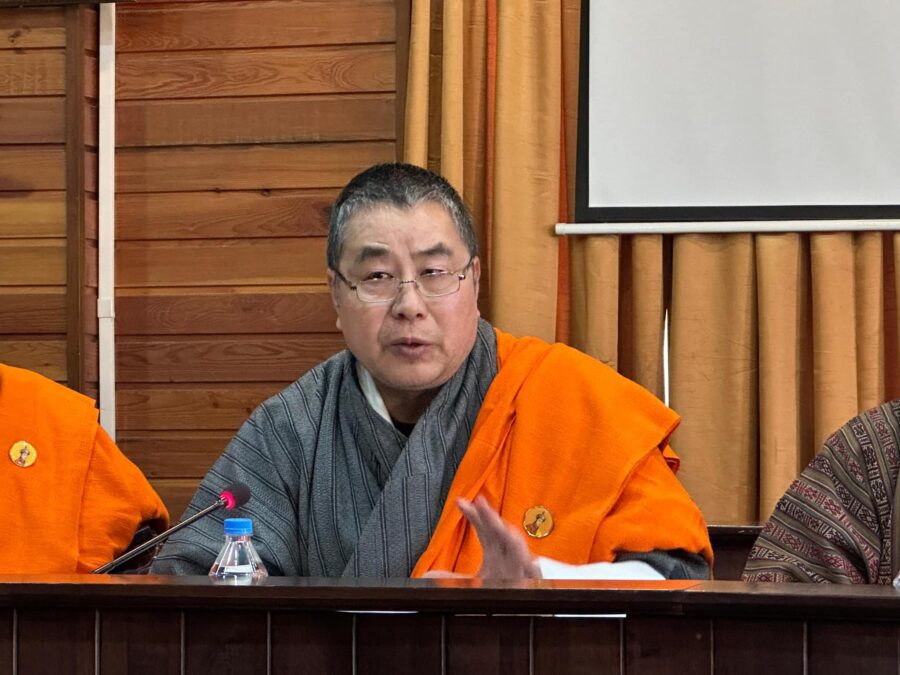
The health ministry is working to increase the Daily Subsistence Allowance (DSA) for patients referred abroad for medical treatment from Nu 150 to Nu 400. It is to ease their financial and emotional burdens. It is part of broader revisions to Bhutan’s referral guidelines, including provisions for ABO-incompatible kidney transplants.
This adjustment will increase allowance expenses by threefold.
The health minister said it is expected to provide patients and their escorts with sufficient financial support during treatment. Today, many struggle financially.
“The current DSA rates of Nu 150 for the first month and Nu 125 from the second month were set over two decades ago and no longer reflect today’s living costs. We are proposing to increase the rate to Nu 400, in line with the minimum national wage and adjusted for inflation”
The draft guidelines also propose some changes concerning ABO-incompatible kidney transplants. Today, over 400 people are undergoing dialysis, many of whom struggle to find compatible kidney donors.
While ABO-incompatible kidney transplants are available in India, Bhutan’s existing policy does not allow such procedures, leaving patients and their families in prolonged distress.
The changes in the guidelines will now allow kidney transplantation between people with different blood types, increasing potential donors.
The revised guidelines, once finalised, will be presented to the Health Sector’s High-Level Committee before being submitted to the government.
The minister added that ensuring accessibility to this advanced medical procedure aligns with the government’s committee to providing equitable healthcare services.
The Prime Minister highlighted that kidney failure, often linked to non-communicable diseases, can be prevented.
“Many cases of kidney failure are caused by non-communicable diseases, which are largely preventable. People should be mindful of their health, especially avoiding sugary foods and drinks. Parents should also be careful not to give such drinks to their children.”
Fifty-two kidney patients have been referred abroad for treatment since 2022. Although kidney transplants were once performed in Bhutan, the practice was discontinued due to a lack of specialists, technicians, and sufficient intensive care and laboratory facilities.
Namgay Dema
Edited by Tandin Phuntsho









